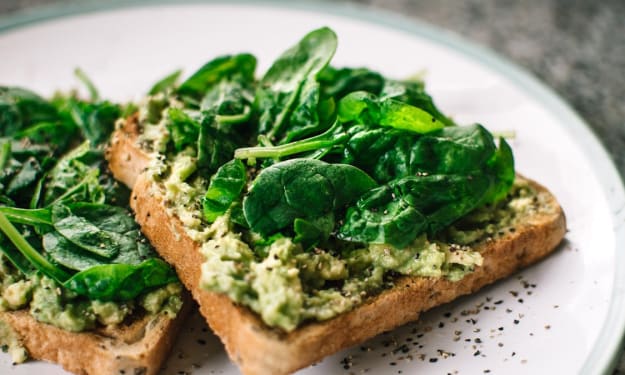Best diet plan for loosing weight
Effective weight loss plan

Losing weight in a healthy and sustainable way involves adopting a balanced diet and making lifestyle changes. Here is a comprehensive diet plan to help you on your weight loss journey:
1. Set Realistic Goals: Start by setting achievable and realistic weight loss goals. Aim to lose 1-2 pounds per week, as this is considered a safe and sustainable rate of weight loss.
2. Calculate Calorie Needs: Determine your daily calorie needs based on your age, gender, weight, height, and activity level. This will give you a starting point for creating a calorie deficit.
3. Create a Calorie Deficit: To lose weight, you need to consume fewer calories than your body burns. Aim for a moderate calorie deficit of about 500-750 calories per day. This can be achieved through a combination of diet and exercise.
4. Focus on Whole Foods: Base your diet on whole, unprocessed foods as they are generally more nutritious and lower in calories. Include a variety of fruits, vegetables, whole grains, lean proteins, and healthy fats.
5. Portion Control: Be mindful of portion sizes to avoid overeating. Use smaller plates, measure your food, and pay attention to hunger and fullness cues. Aim for balanced meals that contain adequate portions of protein, carbohydrates, and fats.
6. Eat Balanced Meals: Each meal should include a balance of macronutrients:
- Protein: Include lean sources such as chicken, turkey, fish, tofu, eggs, Greek yogurt, and legumes. Protein helps you feel full and supports muscle growth and repair.
- Healthy Fats: Opt for sources like avocados, nuts, seeds, olive oil, and fatty fish such as salmon. These fats provide satiety and essential nutrients.
- Carbohydrates: Focus on complex carbohydrates like whole grains, quinoa, brown rice, sweet potatoes, fruits, and vegetables. Limit refined grains and sugary foods.
7. Increase Fiber Intake: High-fiber foods help you feel full for longer and aid digestion. Include plenty of fruits, vegetables, whole grains, and legumes in your meals.
8. Control Added Sugars and Processed Foods: Minimize your intake of sugary drinks, desserts, and processed snacks. These foods are often high in calories and provide little nutritional value.
9. Hydration: Drink an adequate amount of water throughout the day. It helps control hunger, supports metabolism, and aids in digestion. Aim for at least 8 cups (64 ounces) of water per day.
10. Meal Planning and Preparation: Plan your meals and snacks in advance to make healthier choices and avoid impulsive eating. Prepare meals at home using fresh ingredients, as it gives you more control over what you eat.
11. Mindful Eating: Slow down, savor your meals, and pay attention to your body's hunger and fullness cues. Avoid distractions like TV or phones while eating. This helps prevent overeating and promotes mindful food choices.
12. Monitor Your Progress: Keep track of your food intake and exercise routine. Monitoring your progress can help you stay motivated and make necessary adjustments along the way. There are several apps and tools available to assist you in tracking your food and exercise.
13. Regular Exercise: Alongside a healthy diet, engage in regular physical activity. Aim for a combination of cardiovascular exercises (like brisk walking, jogging, cycling, or swimming) and strength training. Exercise helps burn calories, build muscle, and improve overall fitness.
14. Practice Portion Control: Be aware of portion sizes, especially when dining out. Restaurants often serve larger portions, which can contribute to overeating. Consider sharing meals or taking leftovers home.
15. Get Adequate Sleep: Prioritize quality sleep as it plays a crucial role in weight management. Lack of sleep can disrupt hunger hormones, leading to increased appetite and cravings.
16. Manage Stress: Find healthy ways to manage stress, as it can contribute to emotional eating. Practice relaxation techniques like meditation, deep breathing exercises, or engaging in activities you enjoy.
17. Stay Consistent and Patient: Sustainable weight loss takes time and consistency. Be patient with yourself, celebrate small victories, and stay motivated throughout your journey.
18. Seek Professional Guidance: If you have any underlying health conditions or specific dietary needs, it's advisable to consult a registered dietitian or healthcare professional who can personalize a diet plan for you.
Remember, weight loss is not just about the number on the scale but also about improving your overall health and well-being. Focus on making long-term lifestyle changes rather than relying on quick fixes. Embrace a positive mindset, and enjoy the journey towards a healthier you.





Comments
There are no comments for this story
Be the first to respond and start the conversation.